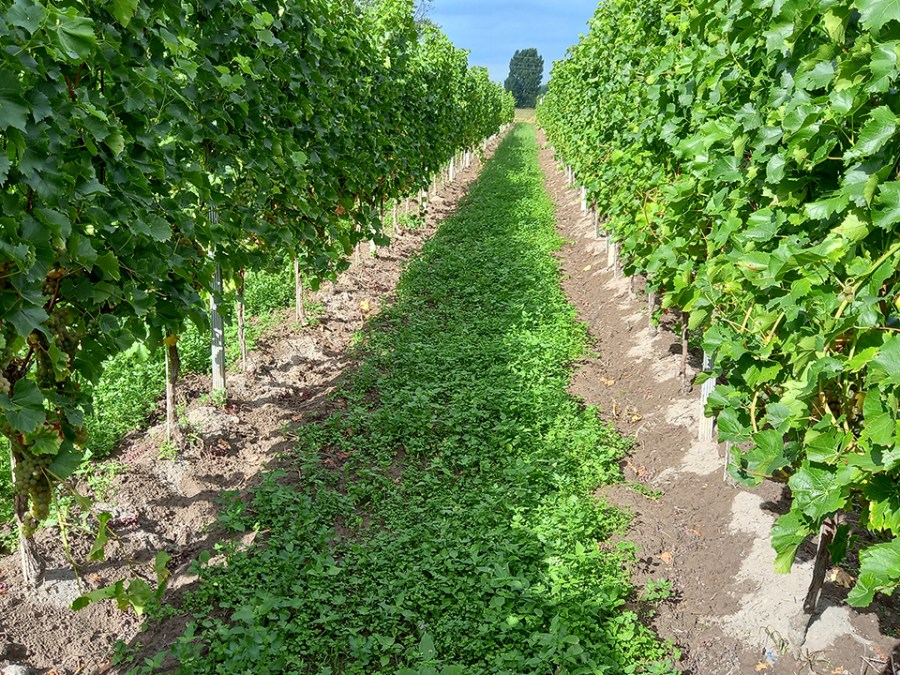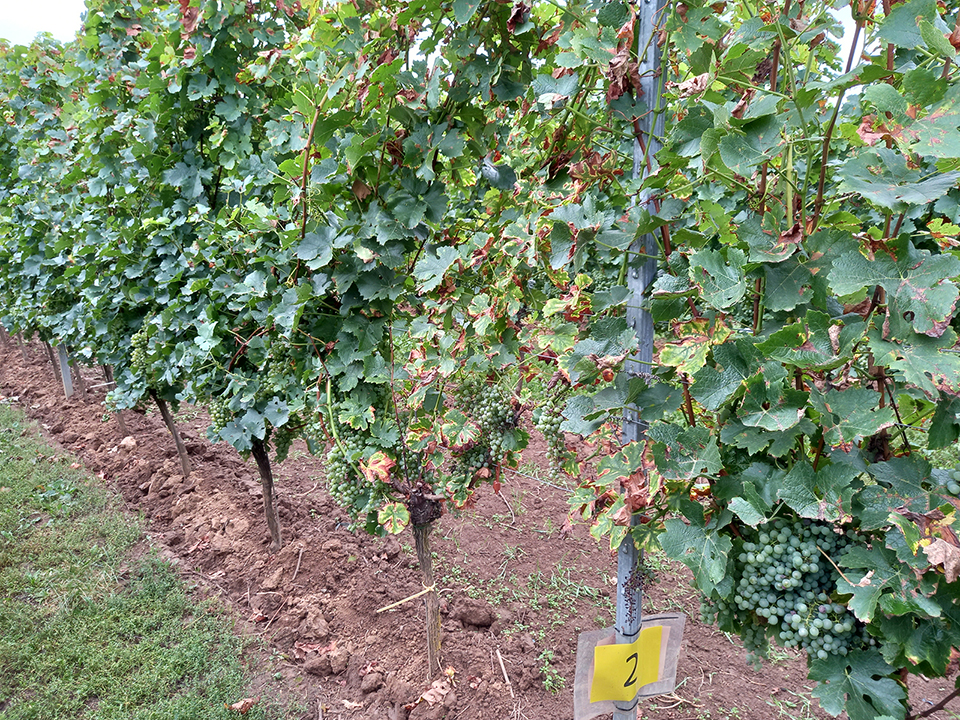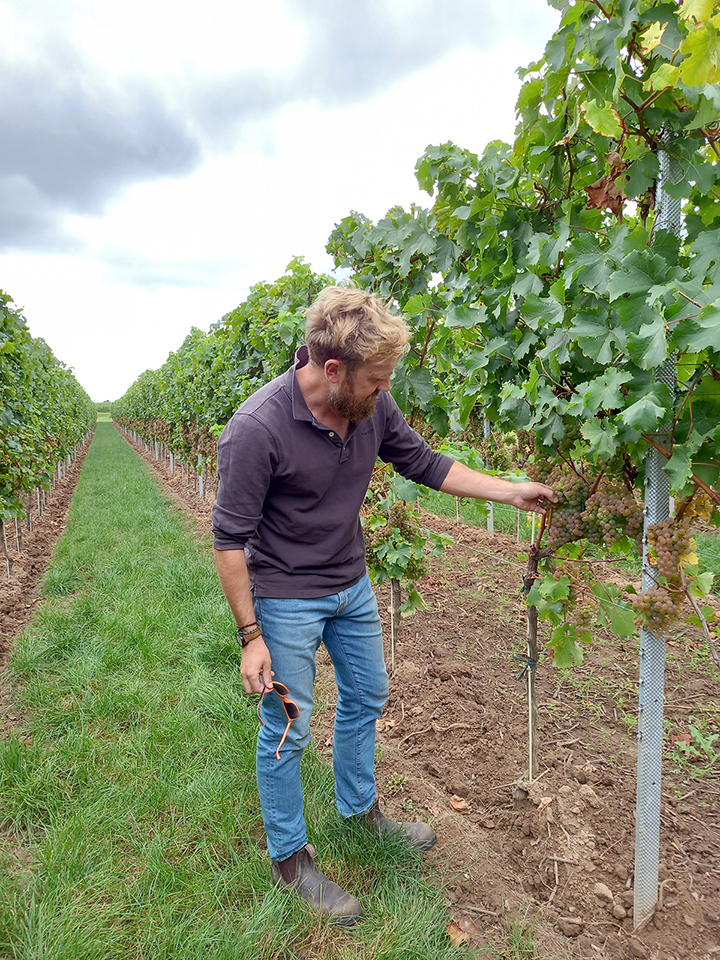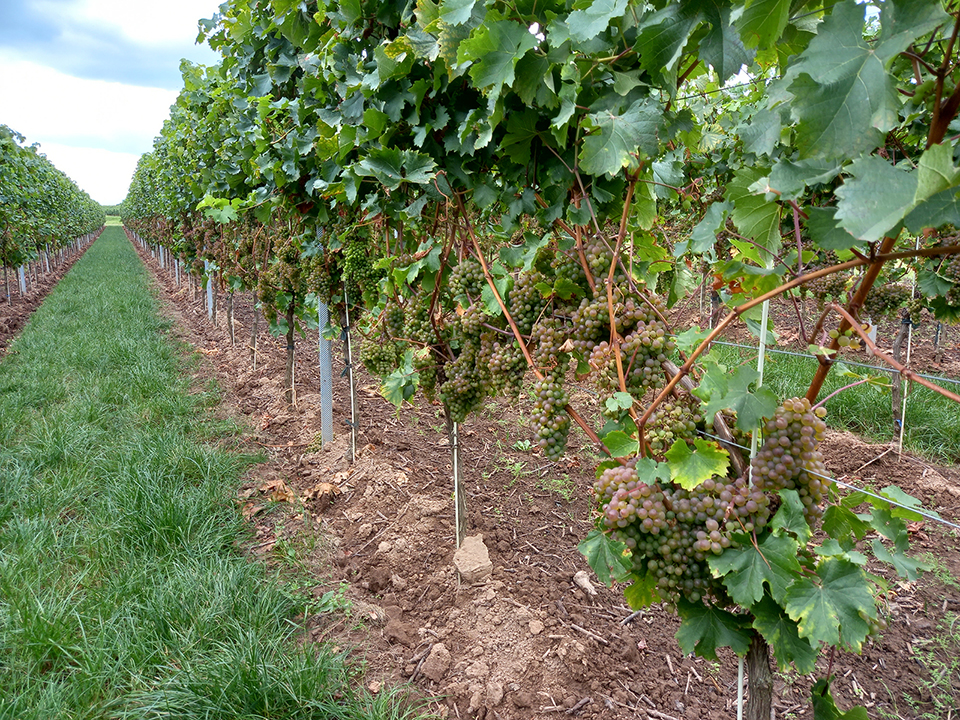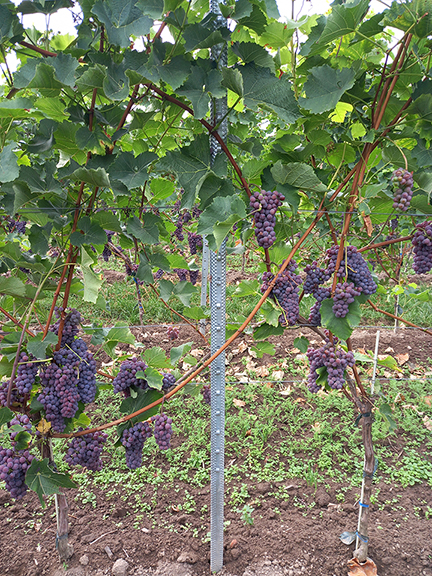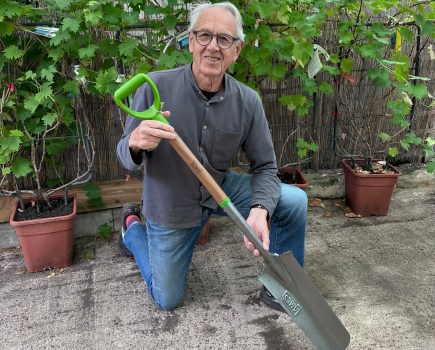What future do these varieties have in English and Welsh wine? Asks Vine-Works.
As Great Britain harvests its 2021 grape crop, there will be many a vineyard manager looking at their rows in despair. I have often heard it said this year that it has been a season for a strict spray program and attentive viticulturist. These are important aspects for maintaining a clean crop, but we are at the mercy of the weather no matter how vigilant we are.
Chardonnay, Pinot Noir and Meunier are robust varieties that the public recognise and can easily buy into. However, these are difficult varieties to take through a season unscathed and in years like this one, they can be left decimated.
What about PIWIs, why should we plant them? PIWI is a German acronym, (Pilzwiderstandsfähig) but essentially means “fungal-resistant” grape varieties. If you want to only spray three or four times a year, enjoy consistent yields and early ripening then planting PIWIs is the answer. What do you do with the fruit? Make wine from it of course.
Cabernet Blanc – now planted in Germany, France and the UK, this grape goes through veraison late in the season, but will ripen around the same time as Pinot Blanc and make wines similar to NZ Sauvignon and fruit driven styles.
Sauvignac – a cross between Sauvignon and Riesling, the vines can be vigorous producing fruit that can create wines similar in style to Semillon and Riesling. A high level of maturity and low risk of botrytis.
Rinot – the wines have lively acidity which makes them suited to sparkling wine production with good aging potential.
Donauriesling – a loose berry structure and medium-thick skins. This variety shows fruity and stimulating acidity. It has good resistance to drought and a similar ripening window to Riesling so may struggle on cooler sites.
Seyval Blanc – widely planted in the UK, this sort after grape is used in still and sparkling wines. Ripens early and crops well. This is one of the staples of cool climate wine production.
Solaris – favoured by the Scandinavians and Welsh alike, Solaris is a versatile grape with peachy notes and balanced acidity.
Muscaris – thick-skinned large berries will ripen on a similar timescale to Müller-Thurgau. The wines have Muscat aromas with smoky notes.
Souvignier Gris – comparable to a fruity Burgundy. On the nose there are subtle aromas of honeydew, quince and apricot.
Cabaret Noir – in Germany this variety ripens in late August and is well suited to cool climate red wine production. Good examples from UK producers: Sergio at Blackbook winery.
Pinotin – ruby red wines with black cherry characteristics, low acids and tannin. Comparable to Regent’s ripening window.
Cabernet Jura – should ripen a week earlier than Pinot Noir and is another contender for red wine production. Rose petal and Muscat aromas.
Vine-Works recently went to visit our German nursery, Volker Freytag and tasted most of these PIWI wines. We spent time in the vineyards where spray trials show vines with 0 sprays compared with 2, 3 and 4 sprays. Some varieties were clean after just two sprays this season and down in the Pfalz they have had just as much disease pressure as us.
In the right winemaker’s hands these wines are commercial, complex, enduring and thought provoking. Taking off 14 tons a hectare from mostly clean PIWI rows at harvest this year, the German vineyard managers are looking at their dramatically reduced costs per hectare in excitement for the future. As we should be too.
These are the vineyard managers’ varieties and they need little convincing to plant them. In the UK we all need to improve our knowledge of this fruit and realise the potential of these grapes and wines in our expanding market.
Come and try these wines with us and Volker Freytag at the Vineyard & Winery Show on 24 November 2021 at the Kent County Showground.

